Saudi Arabia to end 'addiction' to oil with radical economic plan
Prince Mohammed bin Salman unveils plan to transform Gulf state's finances by 2030
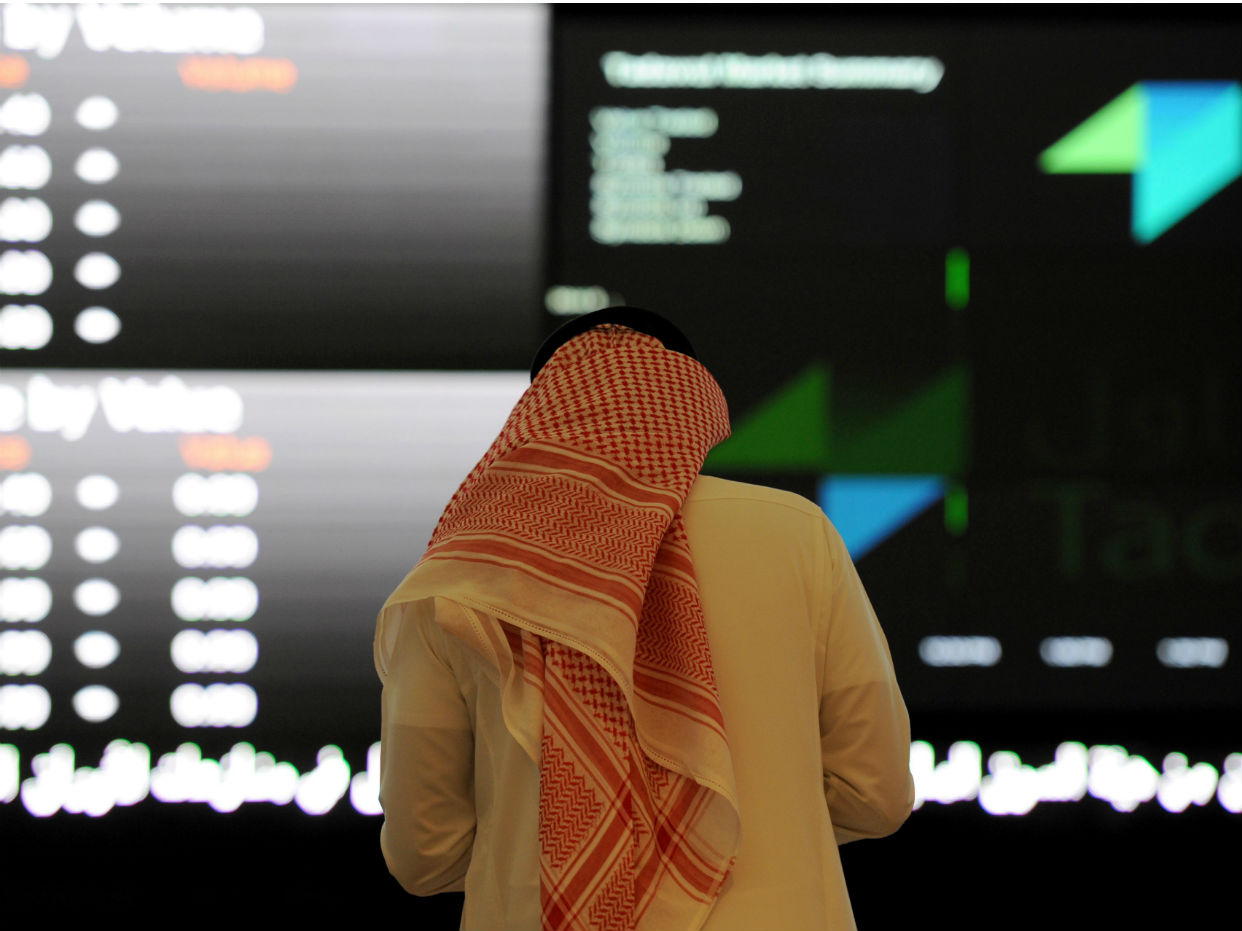
A free daily email with the biggest news stories of the day – and the best features from TheWeek.com
You are now subscribed
Your newsletter sign-up was successful
Saudi Arabia, one of the world's biggest oil producers, has announced an "ambitious", "sweeping" plan to cut its reliance on oil and completely restructure its economy by the year 2030.
Oil has made the Gulf state rich, but as the price of the commodity has fallen over the past two years, the industry has started to be seen as an "addiction" to some Saudis, including the country's youthful power behind the throne, Prince Mohammed bin Salman.
How dependent is Saudi Arabia on oil?
The Week
Escape your echo chamber. Get the facts behind the news, plus analysis from multiple perspectives.

Sign up for The Week's Free Newsletters
From our morning news briefing to a weekly Good News Newsletter, get the best of The Week delivered directly to your inbox.
From our morning news briefing to a weekly Good News Newsletter, get the best of The Week delivered directly to your inbox.
Almost totally: more than 70 per cent of the country's budget revenues came from oil last year, while around 90 per cent of its annual export earnings are from the commodity. The kingdom is the key member of Opec, the oil-producing nations group. Announcing Vision 2030, Prince Mohammed said oil was a national "addiction".
How have falling oil prices hit the kingdom?
Saudi Arabia's economy has suffered hugely over the past two years, with a $98bn (£67bn) budget deficit in 2015 and an estimated deficit of $87bn (£59bn) this year, says Al Jazeera. Its reserves have decreased from $746bn (£510bn) in 2014 to $616bn (£421bn) today.
What is the new plan?
A free daily email with the biggest news stories of the day – and the best features from TheWeek.com
It's called Vision 2030 and will see shares created in the state-owned oil firm Aramco, the floating of which will create what is expected to be the largest sovereign wealth fund in the world, a new "green card" system to allow some foreigners to stay longer in the country and money channelled into military production and mineral mining. In addition, the participation of women in the workforce will increase.
Who is behind the scheme?
It's the brainchild of Prince Mohammed, who is also deputy prime minister and the youngest defence minister in the world. The 30-year-old royal is often seen as the power behind the throne, said The Economist earlier this year.
Isn't he a bit young?
He is "quite possibly the most powerful millennial in the world", says Business Insider, and there is growing concern he "could be out of his depth". Prince Mohammed has shown himself willing to impose his will despite the objections of the old guard who used to run the kingdom's affairs behind closed doors, but this determination might alienate advisors whose support he needs, warns Business Insider.
Will the plan work?
The Prince is making "reasonable reforms", says Andy Critchlow of Reuters, but they "barely scratch the surface of what is needed". Dubai reduced its reliance on oil from 50 per cent of its economy in the 1980s to two per cent today by opening up to foreign workers, tourism and trade. Saudi Arabia must do the same, says Critchlow, but to do so it needs to address its human rights record and social inequality.
What about foreign workers?
Saudi Arabia's workforce is 66 per cent foreign migrants and none of them are given the right to permanent residency. That means ten million workers send their money out of the country rather than buying houses or otherwise investing. Mohammed's scheme addresses this somewhat, but he is only offering a green card to Arab or Muslim expats and that's not enough to do the trick, according to Critchlow.
Will the vision become reality?
The Economist is also worried by Prince Mohammed's age, observing "a somewhat manic optimism among the youthful new policy-setters of the royal court". "Badly needed now is a cool explanation of how to turn vision into reality," says the magazine.
-
 Political cartoons for February 16
Political cartoons for February 16Cartoons Monday’s political cartoons include President's Day, a valentine from the Epstein files, and more
-
 Regent Hong Kong: a tranquil haven with a prime waterfront spot
Regent Hong Kong: a tranquil haven with a prime waterfront spotThe Week Recommends The trendy hotel recently underwent an extensive two-year revamp
-
 The problem with diagnosing profound autism
The problem with diagnosing profound autismThe Explainer Experts are reconsidering the idea of autism as a spectrum, which could impact diagnoses and policy making for the condition
-
 Why Saudi Arabia is muscling in on the world of anime
Why Saudi Arabia is muscling in on the world of animeUnder the Radar The anime industry is the latest focus of the kingdom’s ‘soft power’ portfolio
-
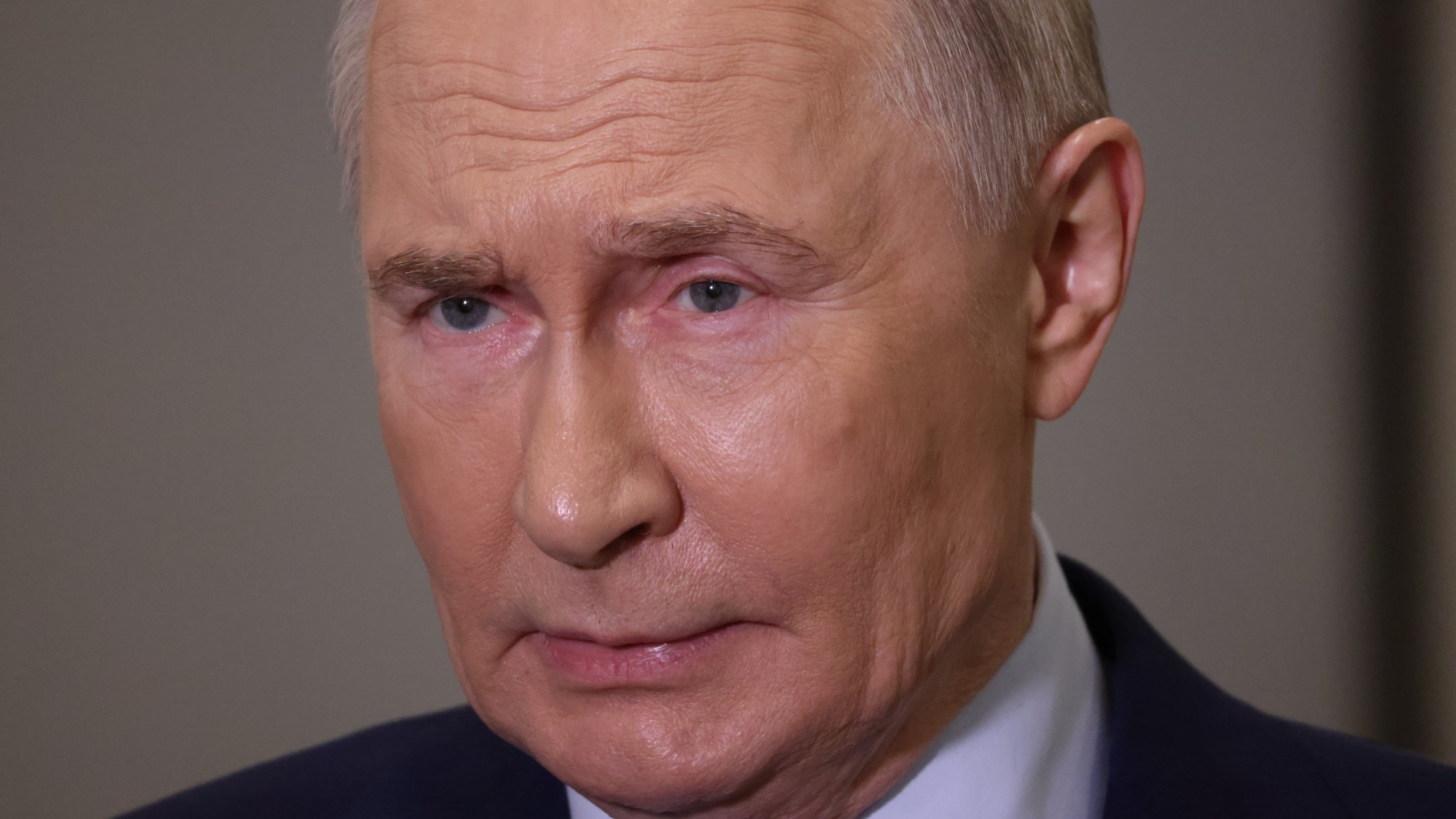 Will latest Russian sanctions finally break Putin’s resolve?
Will latest Russian sanctions finally break Putin’s resolve?Today's Big Question New restrictions have been described as a ‘punch to the gut of Moscow’s war economy’
-
 Electronic Arts to go private in record $55B deal
Electronic Arts to go private in record $55B dealspeed read The video game giant is behind ‘The Sims’ and ‘Madden NFL’
-
 What Saudi Arabia wants with EA video games
What Saudi Arabia wants with EA video gamesIn the Spotlight The kingdom’s latest investment in gaming is another win for its ‘soft power’ portfolio
-
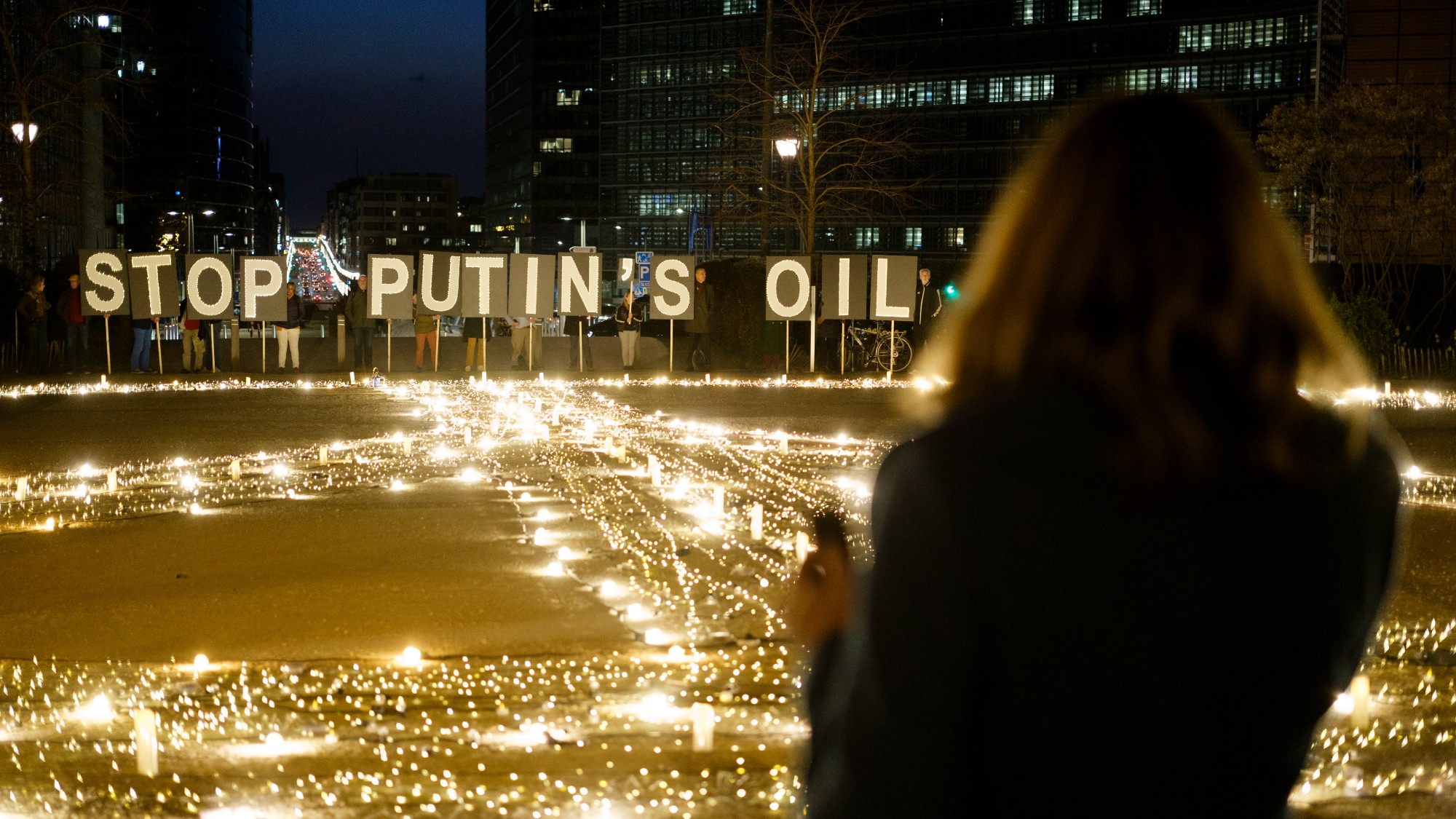 Is the EU funding Russia more than Ukraine?
Is the EU funding Russia more than Ukraine?The Explainer EU remains largest importer of Russian fossil fuels despite sanctions aimed at crippling Kremlin's war effort
-
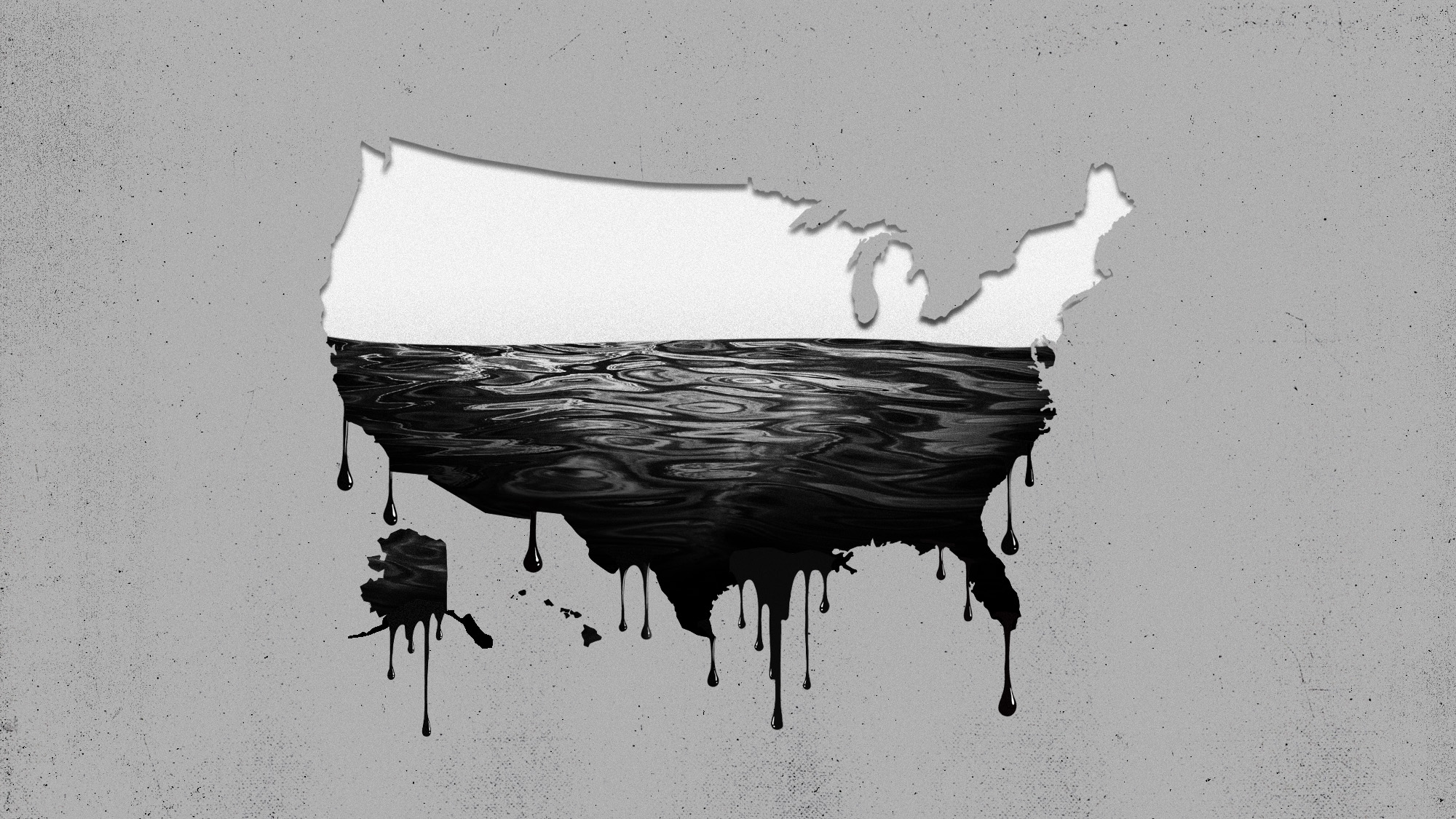 Big Oil doesn't need to 'drill, baby, drill'
Big Oil doesn't need to 'drill, baby, drill'In the Spotlight Trump wants to expand production. Oil companies already have record output.
-
 Why do Russian oil bosses keep dying?
Why do Russian oil bosses keep dying?Under the Radar There have been 'at least 50' mysterious deaths of energy company executives since Putin ordered Ukraine invasion
-
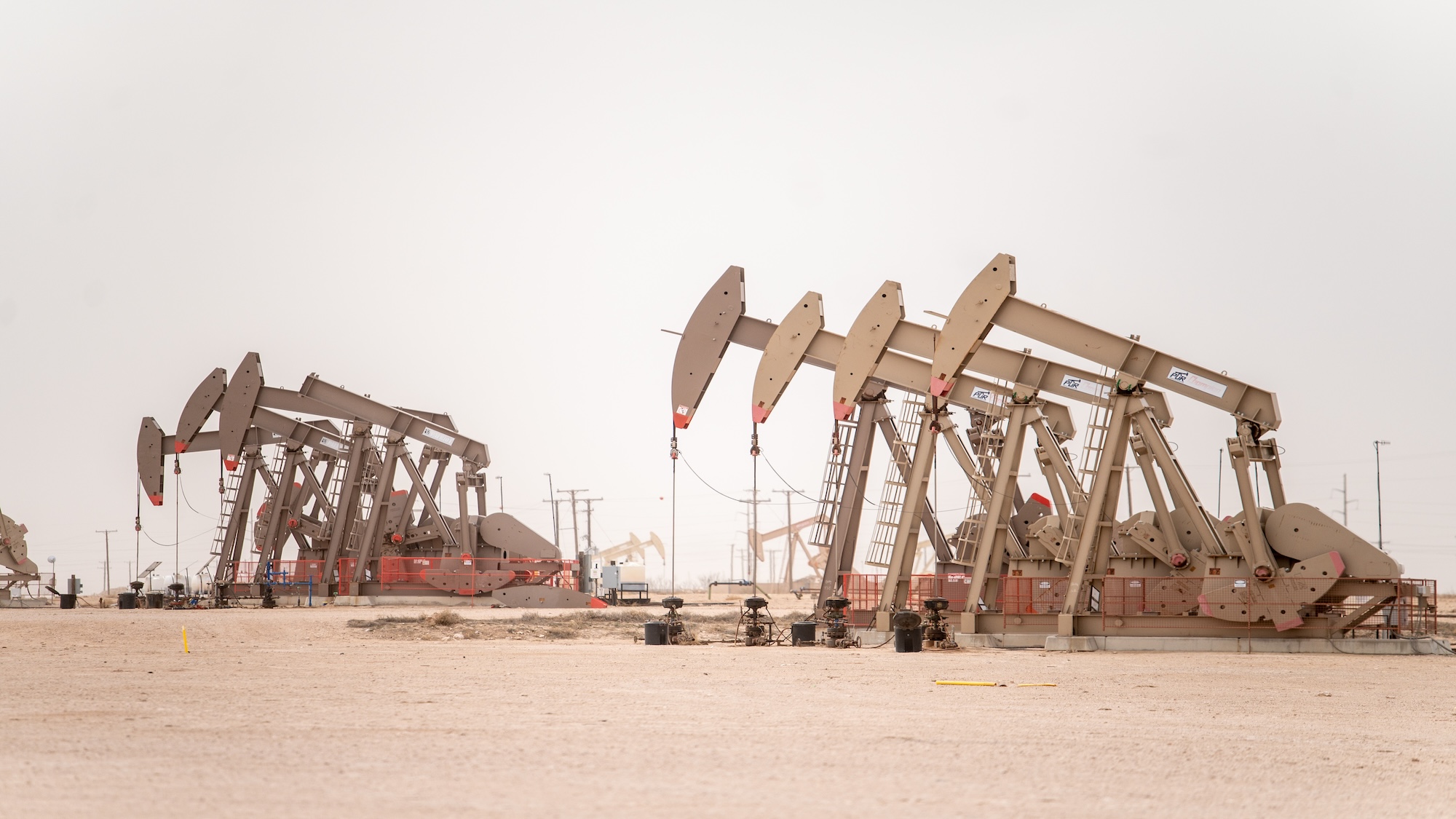 Recent mega-mergers could signal a turning point for the US oil industry
Recent mega-mergers could signal a turning point for the US oil industryTalking Point Both Chevron and Exxon have recently spent billions to acquire smaller oil companies